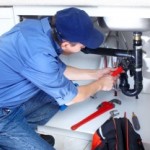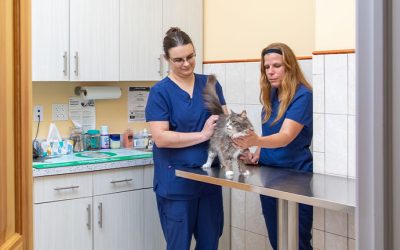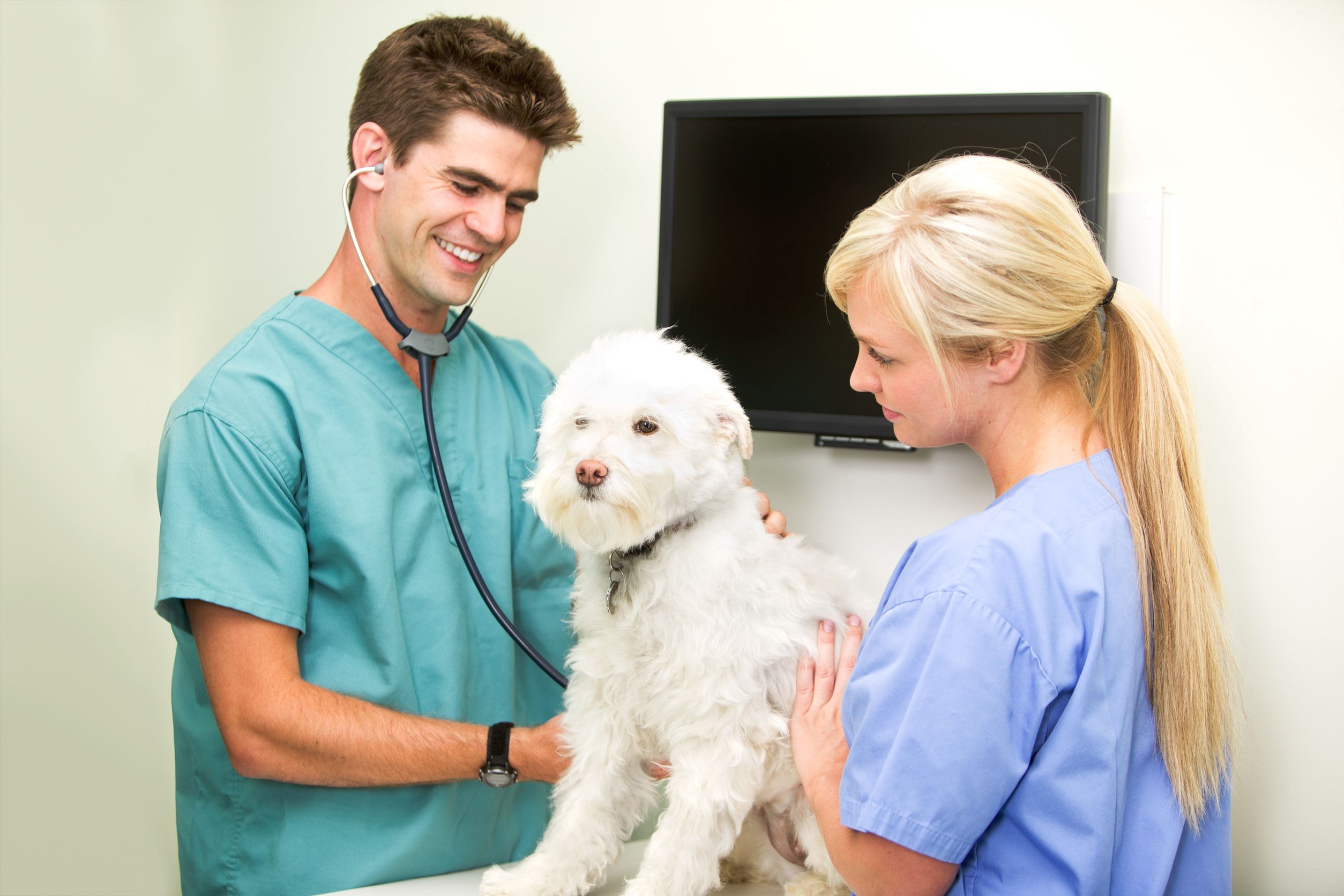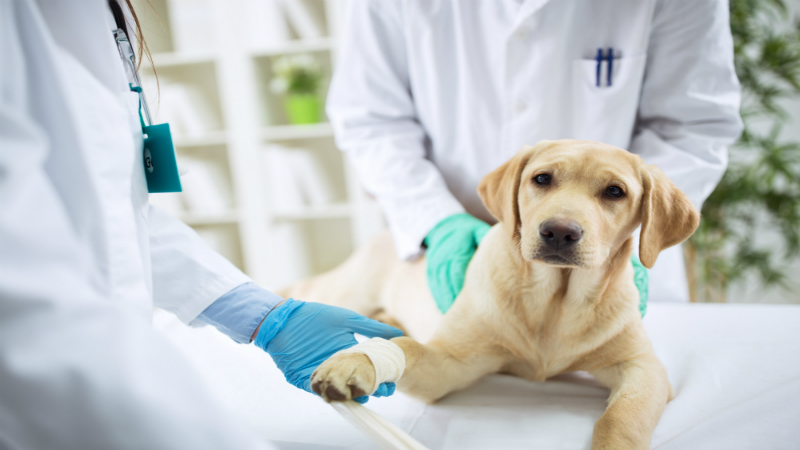A pet cardiologist in South Jersey area focuses on problems with the lungs and heart. They are very similar to human cardiologists and can find valvular, congenital, myocardial and pericardial diseases that are common with pets. Most times, these diseases are not found until a late stage, where there is little that can be done in the way of treatments. However, many veterinarians are offering specialists to help find these problems and get them taken care of quickly so that your pet has a longer and happier life.
Congestive Heart Failure
Many pets and humans have CHF or Congestive Heart Failure because the heart can’t pump blood through the body efficiently and effectively. When the heart fails, fluid builds up in the body tissues. CHF can be caused by other heart conditions, and symptoms can include dizziness, shortness of breath, weakness and congestion.
In order for your pet to be diagnosed with CHF, they must see a cardiologist and have tests run. Treatment can then be administered as required.
Arrhythmia
An arrhythmia is when your heart rhythm is abnormal. It could be faster or slower than normal and can feel like a pause in the body or a fluttering. A South Jersey pet cardiologist can use an EKG or ECG machine to determine the arrhythmia and where it starts. Stress tests, monitors and other tests can be used to determine the cause and length of the arrhythmia. Once it has been diagnosed, there are many treatments available that you can discuss with your veterinarian.
Pericardial Disease
There is a small sac that envelops the heart, which is called the pericardium. Pets with pericardial disease may find that there is too much fluid between the heart and the pericardium, they may have more chest infections, inflammation or it may be missing. Specific tests are run by the cardiologist to determine whether your animal has the disease and how it should be treated.
Congenital Heart Defects
Congenital heart defects are heart problems the animal has had from birth. They can include problems with the heart valves, the heart’s interior walls or the veins or arteries of the heart. There are a lot of varying types of these defects, and you will need to have your animal tested for each one to determine the problem and the appropriate treatment plan.








